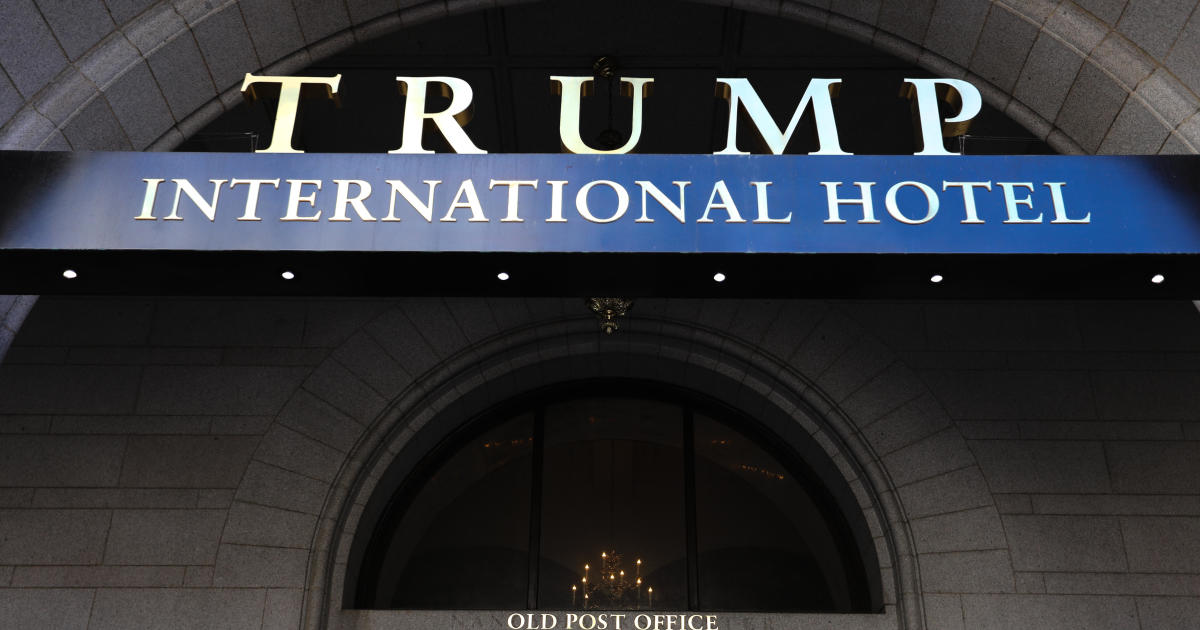Key takeaways:
- The Supreme Court has agreed to hear a case concerning the ability of House Democrats to sue for information from a federal agency regarding a lease for the Old Post Office building in Washington, D.C. that was awarded to a company owned by former President Donald Trump.
- The lawsuit in question seeks government documents related to the former Trump International Hotel in Washington.
- The Supreme Court’s decision to hear the case could have far-reaching implications for the balance of power between the executive and legislative branches of the federal government.
The Supreme Court has agreed to hear a case concerning the ability of House Democrats to sue for information from a federal agency regarding a lease for the Old Post Office building in Washington, D.C. that was awarded to a company owned by former President Donald Trump.
The case, known as Carnahan v. Maloney, is a showdown between the Biden administration, which took over the case after Trump left office, and Democratic lawmakers. The Biden administration is represented by Solicitor General Elizabeth Prelogar, who argued in court papers that the appeals court decision allowing the lawsuit “contradicts historical practice stretching to the beginning of the Republic” and “threatens serious harm to all three branches of the federal government.”
The lawsuit in question seeks government documents related to the former Trump International Hotel in Washington. The hotel was the result of Trump’s company renovating the Old Post Office building, which was leased from the federal government.
The Supreme Court’s decision to hear the case is significant as it could have a major impact on the ability of Congress to obtain information from the executive branch. Historically, administrations have negotiated with Congress over information requests, and the appeals court decision upended this practice.
The Supreme Court’s decision to hear the case could have far-reaching implications for the balance of power between the executive and legislative branches of the federal government. The outcome of the case could determine the extent to which Congress is able to obtain information from the executive branch in the future.



Be First to Comment